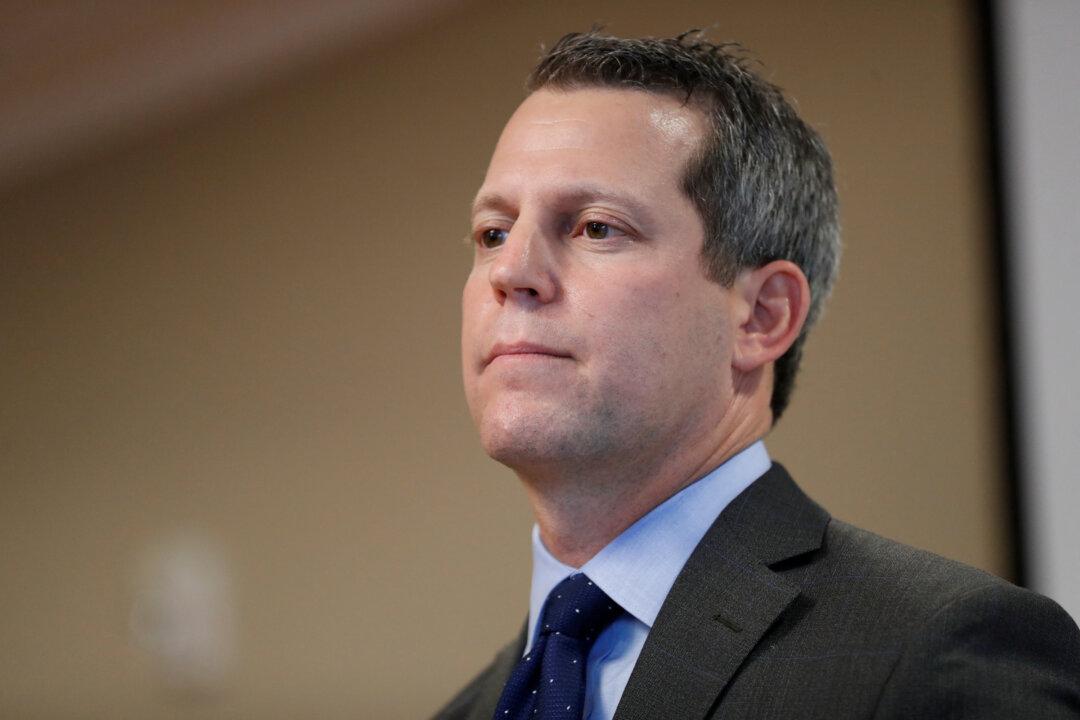State attorney Andrew Warren’s latest push to overturn Governor Ron DeSantis’s decision to suspend him from his job has been struck down by the Florida Supreme Court.
Warren is a twice-elected Democrat in Hillsborough County, which contains a large part of the Tampa Bay region. He has argued that the Republican governor misused his power by removing him from office on Aug. 4, 2022.





